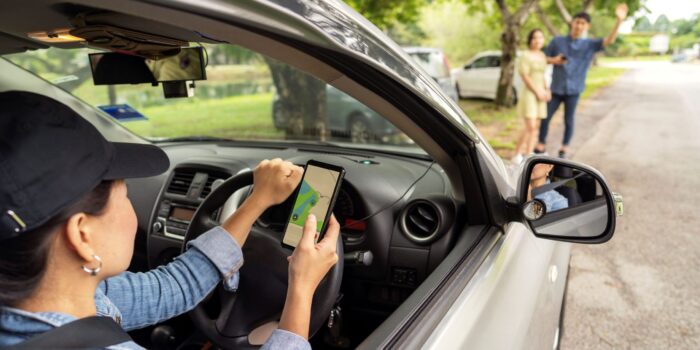It seems that car hire company Europcar was itself confused about the benefits conferred on hirers by the various levels of insurance that its additional daily hire charges covered and the corresponding customer circumstances that matched their suitability.

Need Advice?
For what appears to be standard practice in the car rental industry – making the insurance options so confusing that renters throw their hands up in the air or feel compelled to accept cover that effectively doubles the advertised daily hire cost – the company has been fined $100k by the Federal Court in Perth.
In Europcar’s case, the statements made about insurance did not reflect the actual level cover that applied under its contracts.
The company’s posters and website explained that the maximum amount a hirer would have to pay in the event of damage or theft was a Damage Liability Fee of $3,650.
The advertising went on to offer optional “GoZen” insurance at a daily charge to vehicles with a Roadworthy Certificate to reduce the DLF to nil and a “Super Collision Waiver” on a similar basis that left the hirer responsible only for damage to the vehicle’s windscreens, headlights, wheels and tyres.
Trouble was the insurance products didn’t provide the advertised cover because in all cases, the hirer could be held responsible for water damage, overhead damage & underbody damage. Hirers could also be liable for all damage should the customer be in breach of the rental contract eg because of an overdue car return.
Perhaps the issue came to the ACCC’s attention by way of a competitor who believed the cover offered was improbable for the cost advertised.
One of the issues the court to decide was whether the company would have capacity to pay the substantial penalty it had in mind imposing as a deterrent to misleading and deceptive conduct.
Evidence was heard that Europcar has approximately 12.5% of the consumer car rental market in Australia with 66 company owned outlets and another 56 operated by franchisees.
Its annual revenue in in 2013 was $154 million and in 2014 was $172 million.
It was conceded that the company had no intention to make the misleading statements. Rather senior management failed to identify inconsistent statements generated by the marketing department. Europcar fully cooperated with investigators once the issues were brought to its attention. The company’s website and advertising was rectified within 14 days of the errors being brought to its attention in June 2014.
Does this episode signal that car rental companies will henceforth be more transparent about insurance options? Let’s hope so.
The next thing for the ACCC to tackle is to get some transparency about the extent to which the renter’s policy on the vehicle in their garage at home covers rental vehicles while travelling. And what benefits exactly, do customers get from a credit card provider ‘complimentary’ car rental cover, that don’t have to be re-insured at the rental desk?
Australian Competition and Consumer Commission v CLA Trading Pty Ltd [2016] FCA 377 Gilmour J 19/04/2016





